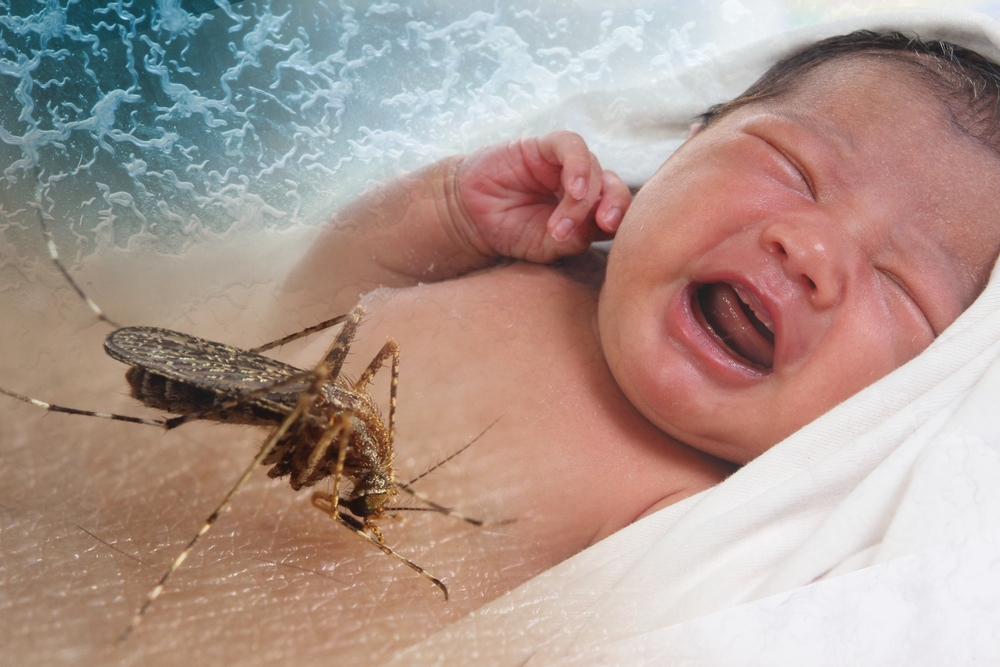In Brazil, the country hit hardest by the Zika, distraught mothers queued outside infant wards, the line spilling even onto the streets, as they waited to see their infants, born with abnormally small heads. Neighbouring countries began warning couples to postpone having children until the outbreak is contained, while researchers are working overnight to uncover more about the link between the Zika outbreak and the birth of babies with abnormally small heads (microcephaly).
To date, up to 1.5 million people in Brazil are believed to have been infected, and the Zika virus had spread to more than 20 other countries and territories.
BLAME IT ON THE AEDES
The Zika virus is mainly spread by the female Aedes aegypti mosquitoes, the same ones that are responsible for spreading other diseases such as dengue, yellow fever and chikungunya.
There are also reports of the virus spreading through sexual intercourse with and blood transfusion.
WHAT ARE THE SYMPTOMS?
1-in-5 infected people will develop symptoms such as fever, rash, muscle pains, joint pains, headache, and red eyes (conjunctivitis). These symptoms usually show up around 2-7 days after infection, and last for up to a week. Patients rarely have to be admitted to hospital.
THAT DOESN’T SOUND TOO BAD…
Don’t be so certain. WHO and our Ministry of Health take the Zika threat seriously, for good reasons.
More and more evidence link the Zika infection in pregnant women (especially during the first trimester) to babies born with microcephaly – an untreatable condition caused by abnormal or incomplete brain formation. Children with microcephaly will experience developmental problems as they grow up, often requiring supportive therapies (such as for speech and movement). Since October 2015, Brazil has reported several thousand births of such infants.
There are also concerns that Zika may be linked to Guillain-Barre syndrome, a rare condition in which the immune system attacks the nerve cells in the body to cause temporary paralysis.
STILL, MALAYSIA IS A LONG WAY FROM BRAZIL.
We cannot lower our guard. After all, dengue is a problem in Malaysia all year round, caused by the very same mosquitoes that can carry and spread the Zika virus. More chillingly, Prof Dr Sazaly Abu Bakar, Director of the WHO Collaborating Centre for Arbovirus Reference and Research revealed in February that the Zika virus had been isolated from mosquitoes in 1969 in Bentong, Pahang.
WHAT CAN WE DO TO PROTECT OURSELVES?
There is currently no vaccine or cure for Zika. The Ministry of Health recommends avoiding travels to ‘hot spots’ like the Americas and take measures to eliminate breeding spots of mosquitoes in one’s neighbourhood.
References:
The Star. Available at www.thestar.com.my
World Health Organization (WHO). Available at www.who.int














